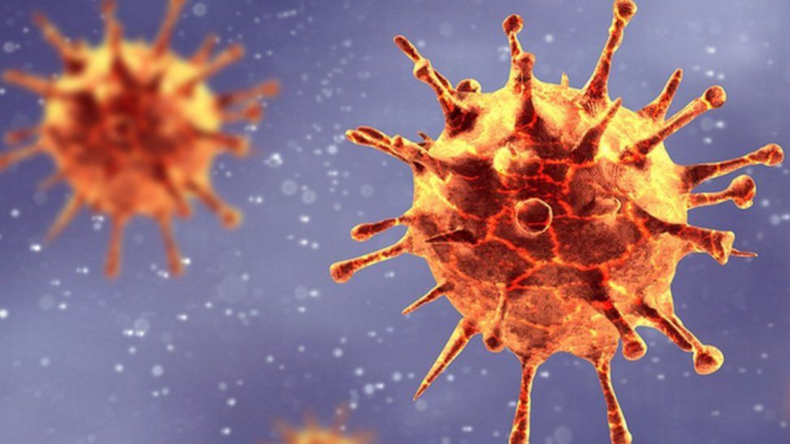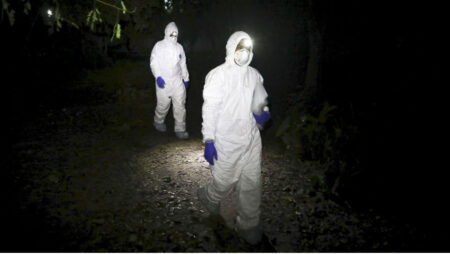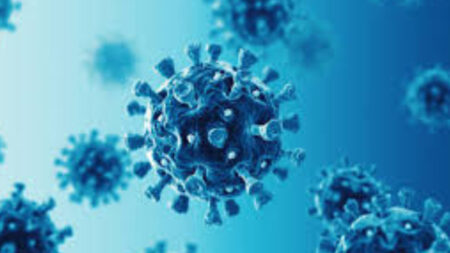The Delta variant of Covid has been causing a growing number of infections. Officials are keeping a close watch on it as it could be the start or end for this virus, depending on if officials find out how to stop its spread quickly enough before more people contract and die from the disease.
Some researchers call the new virus AY.4.2 “Delta Plus“. They say it could give viruses survival advantages due to mutations in their DNA sequences that have been identified as being more resistant than other types of Delta variant found so far.
However, tests underway now should help us understand how much threat this poses for human populations worldwide before drawing any conclusions about its potential risks or whether vaccines needed adjusting accordingly – if at all because not enough is known yet about what these changes might mean just yet!
What is AY.4.2?
The Delta variant of Covid, a virus that can cause typhus and parrot fever in humans and many other health problems such as respiratory illness.
Experts classified it at the end of May 2021 after overtaking Alpha to become one out four different types circulating all across England – but an offshoot or sublineage called AY4-2 with new mutations affecting spike proteins used for penetrating cells is on its way up fast!
So far, there is no indication that the new coronavirus variants are considerably more transmissible due to these changes. However, experts have found mutations – Y145H and A222V- in various lineages since the beginning pandemic.
Scientists constantly monitor for emerging genetic changes which could matter or not due to their difficulty.
Still, it’s an important job being able to spot those relevant ones before they cause trouble, at least by tracking them down with help from lab tests like nucleic acids testing (polymerase chain reaction), proteins analysis such as amino acid usage patterns; DNA methylation status I RNA splicing).
How was it known?
The first step in the virus classification process is to pick up new mutants worth watching, like AY.4.2 – an offshoot of MEV-1, which makes it more contagious than its parent strain according to some research scientists’ observations; if there’s a strong suggestion that this genetic change might make disease transmissible or potentially cause serious consequences, then they move into ‘variant under investigation.’
Delta belongs here too because both variants pose similar risks but offer different levels Cedar Rapids Roofing Services Indiana residents can tolerate until something better comes along.
Where is it studied now?
Experts don’t expect AY.4 to take hold, so it could well burn out and drop off the watch list by next year- but Francois Balloux from University College London’s Genetics Institute says, “It is potentially a marginally more infectious strain.”
A recent study on this new form of Influenza found that while not as transmissible overall as Alpha or Delta viruses were back in 2009,’ acquired infection rates can vary greatly depending who you’re talking to’. The data shows there are higher chances for close contact transmissions such as those within households.’
The Prime Minister’s official spokesman said: “It is something we’re watching closely, but at this point I would say wait and see; don’t panic.” The cases that have been identified in recent months are not as severe or widespread as what was seen previously with AY.3-5”, he added
According to the World Health Organization (WHO), an estimated 25 people globally were infected by the new strain of Avian Influenza last year compared to several hundred thousand deaths from 2014 – 2016, according to the World Health Organization (WHO).
Denmark saw its first case back on January 8th when an individual visited Moscow before returning homesick. They died less than two weeks later because his illness had progressed too far for treatment during emergency stays.
The UK is already offering booster doses of the Covid vaccine to higher risk people ahead of winter to ensure they have the most complete protection against coronavirus. There’s no indication that a new update will be needed for any variant we currently face, and this year’s batch should provide more excellent immunity than ever before!













